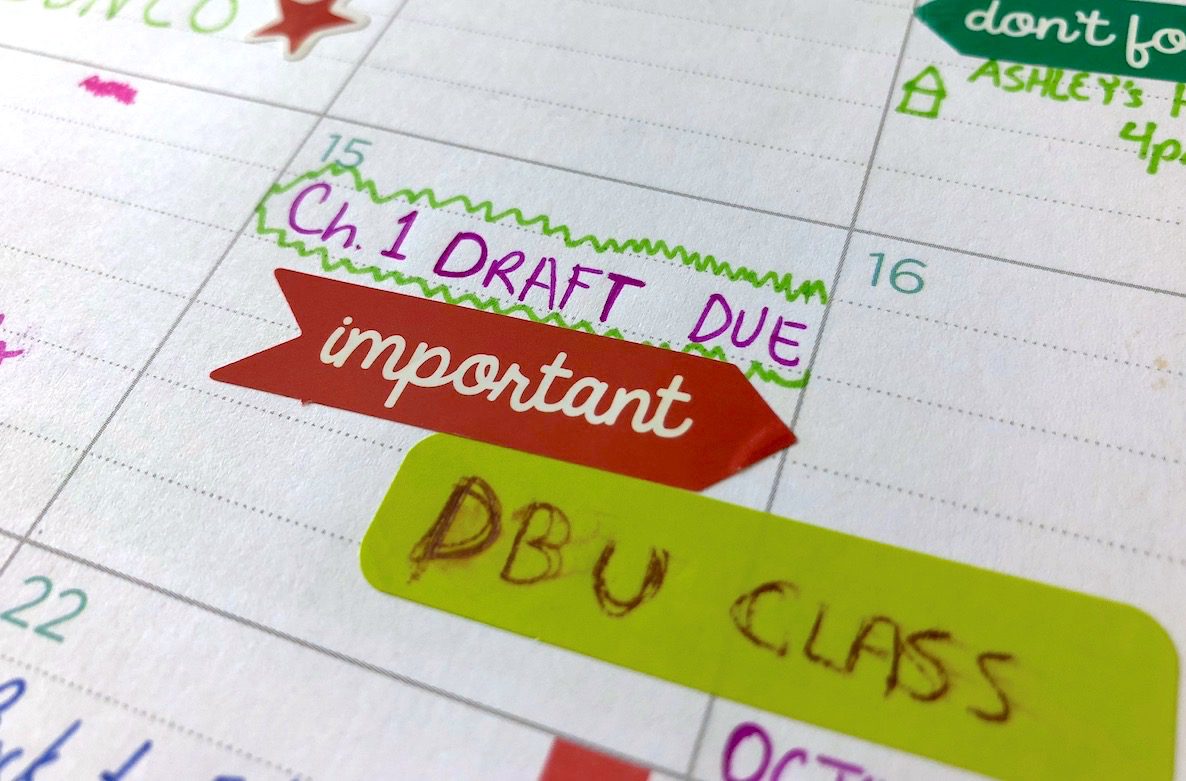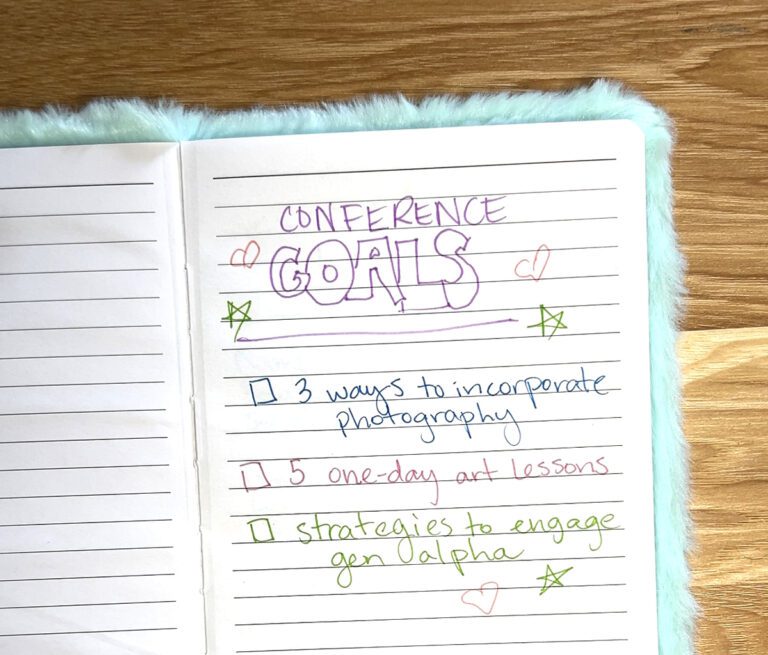Have you been thinking about getting an advanced degree such as your Ph.D. or Ed.D.?
Do you often wonder what it takes to be successful when working on a doctoral degree?
As a current student in the last few months of my Ed.D. program in Educational Leadership, I would like to share a few things I have learned along the way. While it has been quite the journey, it has also been a very rewarding experience. When I was entertaining the idea of pursuing my doctoral degree, I had many fears and almost talked myself out of going. With the support of my husband, family, and best friend, I moved forward with the process and I’m so glad I did.
Here is what is really takes to get a doctoral degree as an art educator.
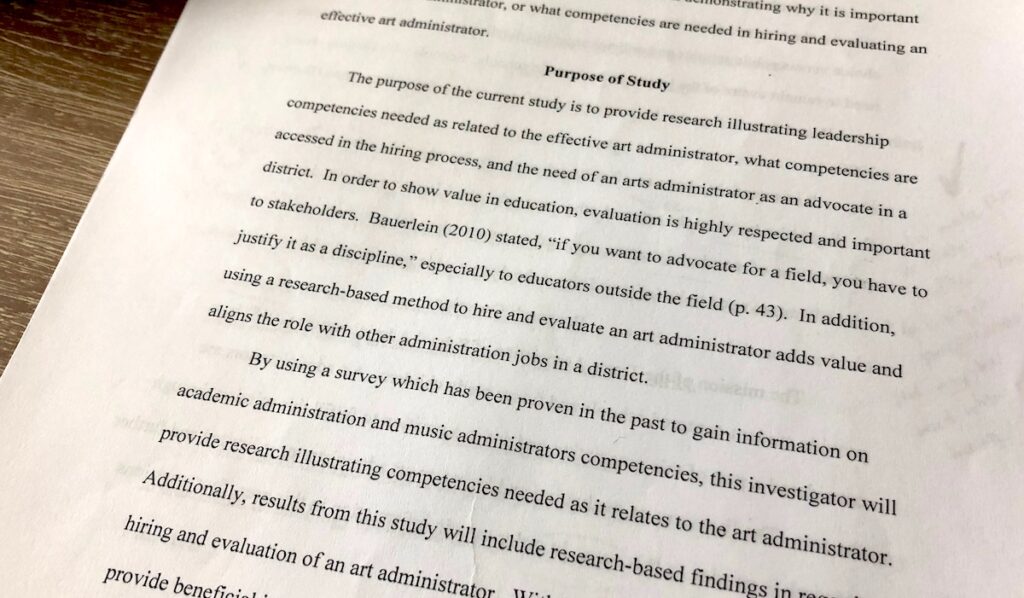
1. Passion
Being passionate is important when taking on any big task. This is especially true with the work you’ll do as a doctoral student. You’ll want to start thinking about what type of research you want to do right away. Having a research topic in mind will enrich your studies as you move through your program.
To start, find articles about topics that interest you. This will allow you to see the gaps in the research and what questions you may want to look into answering with your dissertation.
You will spend a lot of time on your research. Make sure it’s a topic you’re passionate about and won’t easily tire from learning about.
2. Balance
In life, we are pulled in many different directions. The key to managing the chaos is finding balance. That’s why finding the right doctoral program is so important.
I chose a program where most of the work is done on my own time. We meet a few weekends each semester, and I also attended a week-long session with my cohort over the summer. The summer session allowed my colleagues and I to grow closer and enhanced my thinking. But the coursework itself was done mainly before and after our time together.
To figure out what program is right for you, you need to figure out what will work best with your schedule.
Think about how you will find a balance between family, work, friends, and personal time and still have time to get your classwork done. You do not want to burn out, so having a plan is key. Manage your time by penciling specific activities into your calendar. Schedule time for work, but also schedule specific time for doing fun things with your family and friends and for giving yourself some “me time.”
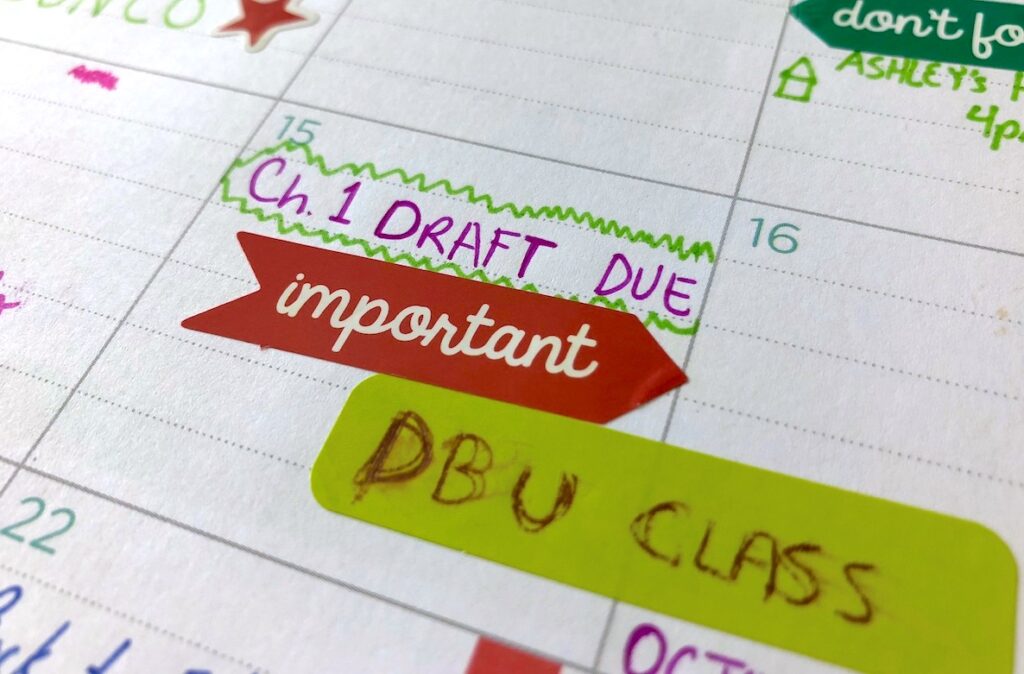
3. Perseverance
There’s no sugarcoating it–getting your doctoral degree is difficult. It is an enlightening experience that will provide value in your personal and professional life, but it does not come without tons of hard work and time-consuming tasks.
Make sure you have a mindset that can push you in times of frustration and fatigue. Grit comes from deep within, and you must have this to push through all the ups and downs that will come as you work on your doctoral work and research.
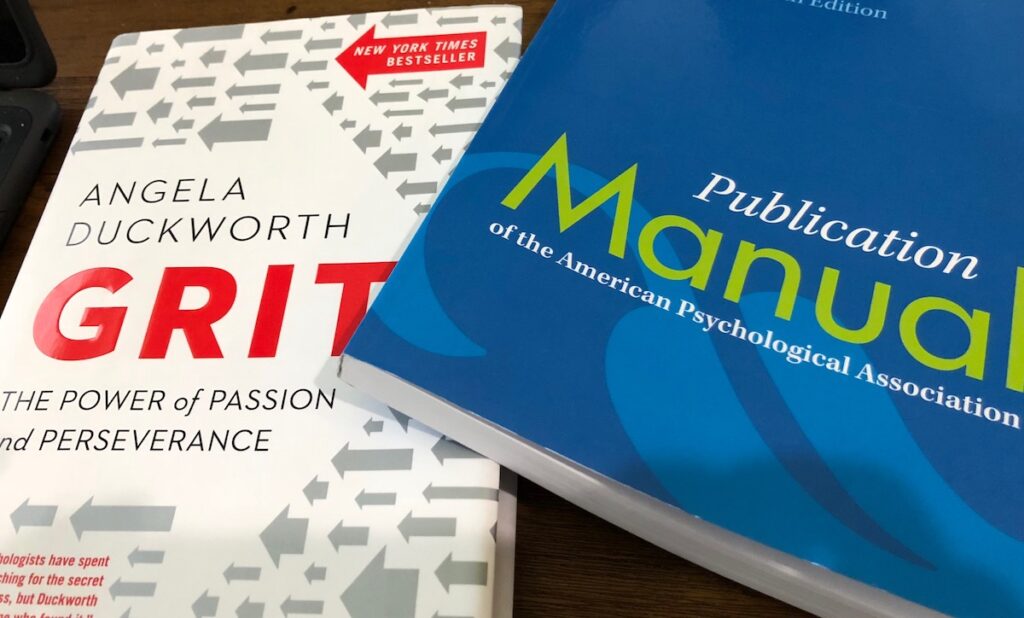
One thing I’ve found helpful is to celebrate your successes as you move through the program. Celebrating smaller goals is a way to acknowledge your progress throughout the long journey. When you finish a semester, complete a difficult project, or meet a goal, do something nice for yourself. It could be a special dinner out or anything else you find enjoyable. These little things will keep you going and push you to stay motivated.
4. Support
Support is huge when working on a doctoral degree. Whether it’s someone to vent to or celebrate with, having a support system in place will be important for your mental state.
Also, make your friends and family aware of the time commitment you must put into your program. They will need to realize you won’t be as available during this process. Being honest will set the foundation for mutual understanding and give them a chance to support you as needed.
Another suggestion is to set some non-negotiables for yourself. For instance, if you have children and enjoy putting them to bed at night, set a non-negotiable that you will be there to tuck them in at least X times per week. Or, while you may not be able to make every birthday celebration or outing with your friends, you can schedule time once a month to catch up.
You’ll also want to be honest with your coworkers and set up a school support system. Reach out to your PTA and co-workers to see if there are areas in which they can help assist you and make life easier for you as you balance work and school. I have found this very helpful. You will be surprised by how many people are truly there to help you when needed.
5. Money
Last, money is a huge deterrent for many people pursuing their doctoral degree. Search for scholarships and sponsorships, or save if this is something you truly want to do, knowing that it will enhance your personal and professional life.
Student loans can be an option as well if you feel you can handle the financial payments when you are finished. You can also help lower payments by paying your interest while you are in the program or use loans as a way to supplement what you can’t pay on your own.
Overall, getting your Ed.D. or Ph.D. is a phenomenal accomplishment, and if it is something you want to pursue, go for it! Take into consideration all of these points and do what is best for you.
Are you thinking about pursuing a doctoral degree, if so, what is holding you back?
Are you currently working on a doctoral degree, what other tips do you have for those who want to start?
Magazine articles and podcasts are opinions of professional education contributors and do not necessarily represent the position of the Art of Education University (AOEU) or its academic offerings. Contributors use terms in the way they are most often talked about in the scope of their educational experiences.
